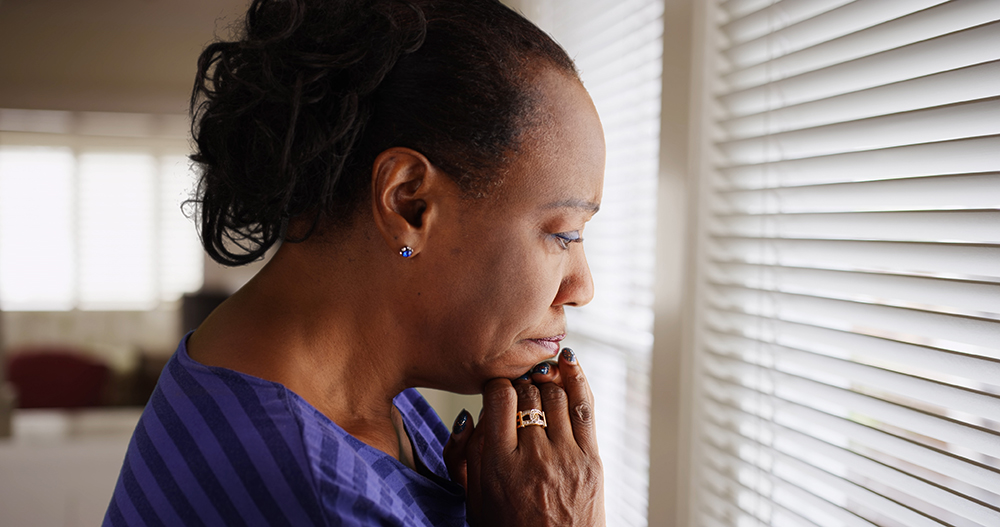October is National Domestic Violence Awareness Month, a time to recognize that abuse doesn’t always leave visible marks. While physical violence is easier to identify, emotional abuse can be equally – if not more – damaging over time. Its effects often linger beneath the surface, shaping how you think, feel, and relate to others long after the abuse ends.
At NEM Recovery, we understand that emotional trauma can fuel mental health challenges and even substance use disorders as people seek to numb their pain. Healing starts by recognizing what emotional abuse looks like and reclaiming your self-worth.
What Is Emotional Abuse?
Emotional abuse is a pattern of behavior designed to control, manipulate, or diminish your identity and independence. Unlike physical abuse, which uses force, emotional abuse is more insidious because it relies on psychological tactics.
This kind of mistreatment can happen in romantic relationships, families, friendships, and even workplaces. Over time, it chips away at your self-confidence and creates confusion, fear, and dependence.
Forms of Emotional Abuse
Emotional abuse can take many forms – some overt, others subtle.
- Gaslighting: Making you question your reality or memory by denying facts or twisting the truth.
- Constant criticism: Regularly belittling, mocking, or undermining your accomplishments or character.
- Isolation: Preventing you from seeing friends or family, or guilt-tripping you for maintaining outside relationships.
- Control and manipulation: Monitoring your behavior, dictating your choices, or using guilt to control your decisions.
- Threats or intimidation: Using fear to maintain dominance, whether through anger, silence, or emotional withdrawal.
- Blame-shifting: Refusing to take responsibility for hurtful behavior, instead making you feel at fault.
Because emotional abuse can be indirect and deceptive, you may struggle to recognize it – especially if your abuser alternates between affection and cruelty, a dynamic that fosters dependency.
Signs You May Be Experiencing Emotional Abuse
You might be a target of emotional abuse if you:
- Feel anxious or fearful around a specific person
- Constantly second-guess yourself or apologize
- Have difficulty making decisions without approval
- Feel isolated from your support system
- Notice your self-esteem has eroded over time
- Go out of your way to avoid conflict
- Believe the abuse is your fault
If these signs feel familiar, the problem isn’t you – it’s the behavior inflicted upon you.
The Long-Term Effects of Emotional Abuse
The consequences of emotional abuse can be profound and long-lasting. Survivors often experience:
- Depression and anxiety due to chronic stress and diminished self-worth
- Post-traumatic stress symptoms, including hypervigilance and intrusive memories
- Substance abuse as self-soothing or escape
- Difficulty trusting others, particularly in close relationships
- Physical health issues caused by prolonged stress, such as insomnia, headaches, and heart problems,
How to Protect Yourself and Begin Healing
Emotional abuse can alter your brain chemistry and instinctive stress response, which may leave you feeling trapped and hopeless.
If you suspect someone is emotionally abusing you, here’s how to start prioritizing your safety and mental well-being.
- Acknowledge the abuse: Naming what’s happening is the first step toward empowerment.
- Reach out for support: Confide in a trusted friend, counselor, or therapist. Isolation only strengthens the abuser’s control.
- Set clear boundaries: Communicate your limits and enforce them. Protect your space, time, and peace.
- Avoid self-blame: Emotional abuse is never your fault. You deserve respect and compassion.
- Consider professional help: Therapy can help you process your trauma, rebuild confidence, and develop healthier relationships.
Reclaim Your Power
Emotional abuse may leave invisible scars, but recovery is a worthwhile goal. NEM Recovery offers comprehensive care for clients with dual diagnoses of trauma and substance use. Through therapy, mindfulness practices, and personal development in our peaceful Laguna Beach environment, you’ll learn to break destructive cycles and rediscover your inner strength.
We believe everyone has the power to overcome addiction while restoring their self-worth, peace, and resilience. Reach out today to begin pursuing freedom and healing.

